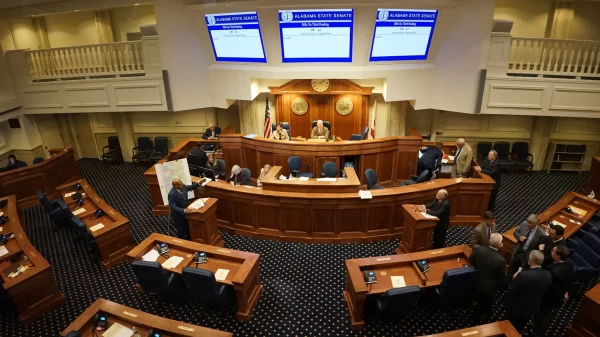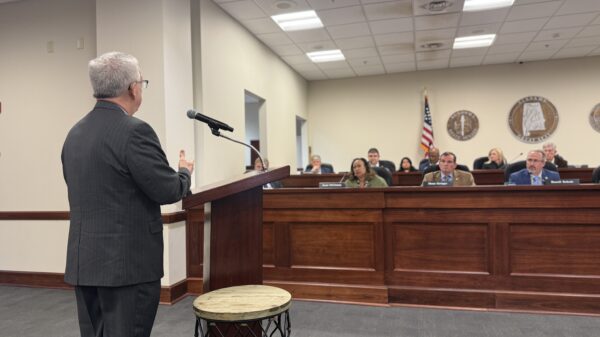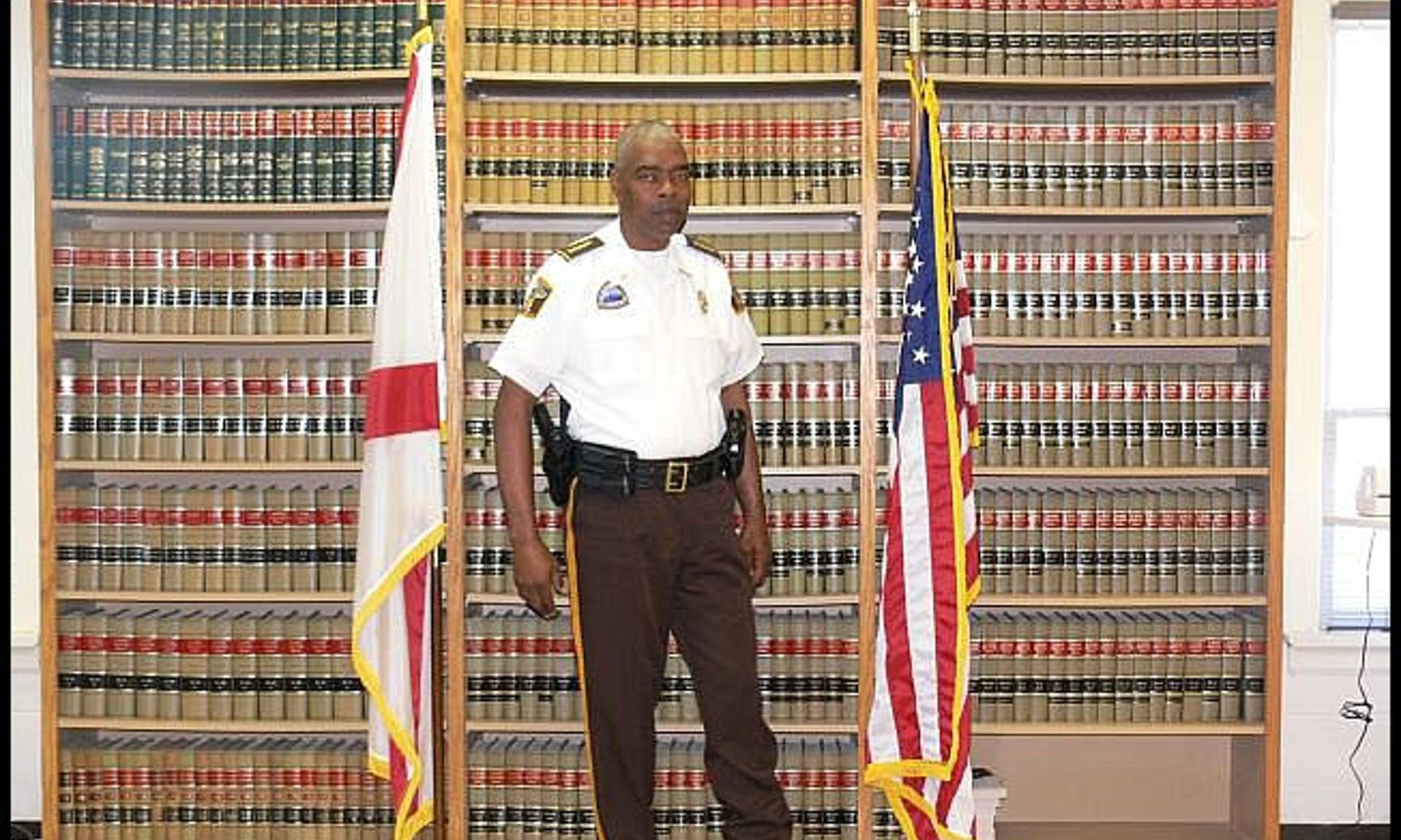By Brandon Moseley
Alabama Political Reporter
On Wednesday, March 25, the US Supreme Court ruled on behalf of the Alabama Black Legislative Caucus in their challenge of the GOP redistricting of the State. In a 5-4 decision, the Supreme Court has ordered the Montgomery Court to retry the case.
The majority wrote, “They asked how to maintain the present minority percentages in majority-minority districts, instead of asking the extent to which they must preserve existing minority percentages in order to maintain the minority’s present ability to elect the candidate of its choice.”
Afterwards the Alabama Political Reporter spoke with State Senator Jim McClendon (R-Springville) about the decision. Four years ago, State Senator McClendon was State Representative McClendon and represented the Alabama House of Representative as Co-Chairman of the Joint Committee on Redistricting.
Chairman McClendon along with State Senator Gerald Dial (R-Lineville) were defendants in the suit as they chaired the committee responsible for the reapportionment and redistricting of the State following the 2010 census.
Sen. McClendon said the Supreme Court decision was not a victory for anyone. The Court did not throw out the redistricting plan and they did not send it to the legislature:
“The decision does not throw out any districts at all…What the court did do was order a retrial. The case has been thrown back to district court.”
Sen. McClendon said, if either party is unhappy with what the judge rules, they should appeal the case directly back to the US Supreme Court. It would not have to go to the Appeals Court in Atlanta first.
The Alabama Political Reporter asked if all the parties can negotiate a deal to settle this without another trial. Sen. McClendon said, “There will be no negotiation. Our job is to defend the plan.”
McClendon said the Court “Did not tell us what we ought to do.”
The Alabama Political Reporter asked about the possibility that the State would have to have special elections to select a new legislature during this quadrennium. Sen. McClendon said, “I think the probability is very slim that there would be a special election of the entire legislature before this four year term is up.”
Sen. McClendon said, “We got a favorable ruling (from the lower court) last time, we may get another one.”
The Alabama Political Reporter asked if the redistricting plan is ultimately tossed out, who would be Chairman representing the House since you are now in the Senate? Sen. McClendon said that he is not sure how that would work; but he expects that a whole new Committee would be appointed though he believes that a great deal of emphasis would be placed on experience.
After the 2000 census, a Democratically controlled Alabama legislature redistricted the State to give themselves an advantage in future elections. However, the people of Alabama became much more Republican leaning over the course of the decade, so much so that Alabama Republicans won super majorities in both Houses of the Alabama Legislature. This gave the GOP control of redistricting. Co-chairmen McClendon and Dial sought to protect those Republican majorities when they drew up the new redistricting plan after the 2010 census.
In Alabama, most Whites vote Republican and over 90 percent of Black voters vote Democrat. The Alabama Black Legislative Caucus accused the GOP of “stacking” Blacks in Black legislators’ districts.
After the 2014 election, only one White Democrat remains in the State Senate and only a handful of White Democrats remain in the Alabama House. All of the Republicans are White.
Eric Holder’s (D) Department of Justice gave the State pre-clearance of the plan before the Court ruled the pre-clearance requirement unconstitutional.


















































